
Brain Digital Technology Laboratory
About
The ultimate goal of the Brain Digital Technology Laboratory (BDTL) is to continue developing the most effective strategies to reduce the pain of people and improve their quality of life using technology. The mission of the BDTL is to prevent, ameliorate, and manage pain through a nonpharmacological approach to the use of brain stimulation. We will accomplish this by researching, discovering, educating, and outreaching the community.
- Soterix Medical 1x1 tDCS mini-CT
- Medoc TSA2 Advanced Thermosensory Stimulator
- Thermo Scientific ARCTIC A25 Refrigerated Circulator
- Shimadzu LIGHTNIRS Functional Near-Infrared Spectroscopy
- COI Training
- HIPAA Training
- CITI Training <Human Research - Biomedical Research Investigators>
National Institutes of Health, National Institute on Aging R01
08/2023-04/2028 | Total Cost: $4,200,449
The Role of Air Quality and Built Environment in Social Isolation and Cognitive Function Among Rural, Racially/Ethnically Diverse Residents at Risk for Alzheimer’s Disease
Arizona Department of Health Services
03/2025-02/2028 | $224,442
RFGA2024-022. Developing a multimodal approach to objectively assess chronic pain in older adults with Alzheimer’s disease
United States Association for the Study of Pain
07/2025-06/2026 | $50,000
Dual-Site Transcranial Direct Current Stimulation for Comprehensive Pain Relief in Patients with Knee Osteoarthritis Experiencing Widespread Pain
University of Arizona Research Development Institute
07/2025-09/2026 | $10,000
Characterizing Knee Osteoarthritis Patients With and Without Chronic Widespread Pain: A Multidimensional Clinical and Neuroimaging Approach
National Institutes of Health/National Institute of Nursing Research
04/2020-01/2025 | $2,410,755
1R01NR019051-01. Combination Therapy of Home-Based Transcranial Direct Current Stimulation and Mindfulness-Based Meditation for Self-Management of Clinical Pain and Symptoms in Older Adults with Knee Osteoarthritis
Florida Atlantic University, I-SENSE, Seed Funding
08/2023-07/2024 | $30,000
Feasibility of Objective Pain Assessment Using Multimodal Sensing Signals in Older Adults with Alzheimer’s Disease
National Institute of Health/National Institute of Aging
06/2019-02/2024 | $1,186,812
R37AG033906. Ethnic Differences in Responses to Painful Stimuli
National Institutes of Health/National Institute of Nursing Research
09/2022-01/2023 | $484,992
3R01NR019051-03S1. Pain-related Brain Mechanisms for Pain Catastrophizing Behavior in Response to Home-based Mindfulness-based Meditation Paired with Transcranial Direct Current Stimulation
National Institutes of Health/National Institute of Nursing Research
08/2019-07/2022 | $463,737
1R15NR018050-01A1. Self-Administered Transcranial Direct Current Stimulation for Pain in Older Adults with Knee Osteoarthritis: A Phase II Randomized Sham-Controlled Trial
National Institutes of Health/National Institute of Nursing Research
07/2020-07/2022 | $154,310
3R15NR018050-01A1S1. Home-Based Transcranial Direct Current Stimulation for Pain Management in Persons with Alzheimer’s Disease
"Pain-related Brain Mechanisms for Pain Catastrophizing Behavior in Response to Home-based Mindfulness-based Meditation Paired with Transcranial Direct Current Stimulation" (NIH/NINR 3R01NR019051-03S1)
The long-term goal of this mechanism of action-focused supplement project is to develop a comprehensive understanding of how patients exert neural control over pain-related behaviors, leading to reductions in clinical pain and improved health outcomes for older adults using home-based nonpharmacological pain management approaches. Based on a behavioral activation and inhibition systems model of pain that explains pain-related behavior, this study will assess underlying brain mechanisms explaining pain catastrophizing behavior change following home-based nonpharmacological pain interventions in older adults with knee osteoarthritis (OA).
“Home-based Transcranial Direct Current Stimulation and Mindfulness-Meditation for Older Adults with Knee Osteoarthritis” (NIH/NINR 1R01NR019051)
The purpose of this research study is to assess the effect of a two-week self-transcranial direct current stimulation (tDCS) and mindfulness-based meditation (MBM) on pain in older adults with knee osteoarthritis. tDCS involves electrodes providing a very weak electrical current to the scalp to help activate areas of the brain. Potential participants will be screened by phone for eligibility. We expect the volunteers will be in this research study for four months, including three visits to our study center and 10 daily 20-minutes self tDCS and meditation sessions at one’s home over a 2-week period.
- Efficacy of Home-Based Transcranial Direct Current Stimulation on Experimental Pain Sensitivity in Older Adults with Knee Osteoarthritis: A Randomized, Sham-Controlled Clinical Trial | Read More
- Self-administered transcranial direct current stimulation for pain in older adults with knee osteoarthritis: A randomized controlled study | Read More
- The Efficacy of Remotely Supervised Transcranial Direct Current Stimulation on Conditioned Pain Modulation in Older Adults with Knee Osteoarthritis Pain | Read More
- Prescribing Benzodiazepines and Opioids and Clinical Characteristics Associated With 30-Day Hospital Return in Patients Aged ≥75 Years: Secondary Data Analysis | Read More
- Online chair yoga and digital learning for rural underserved older adults at risk for Alzheimer’s disease and related dementias. | Read More
- Facilitators and barriers to using AI-enabled robots with older adults in long-term care from staff perspective: a scoping review protocol | Read More
- Feasibility and Efficacy of Addiction-Focused Eye Movement Desensitization Reprocessing in Adults with Substance Use Disorder | Read More
- Global rural health disparities in Alzheimer's disease and related dementias: State of the science | Read More
- Feasibility, Acceptability, and Efficacy of Home-Based Transcranial Direct Current Stimulation on Pain in Older Adults with Alzheimer's Disease and Related Dementias: A Randomized Sham-Controlled Pilot Clinical Trial | Read More
- Remotely supervised home-based online chair yoga intervention for older adults with dementia: Feasibility study | Read More
- Factor structure of Pre-Loss Grief-12 in caregivers of people living with dementia | Read More
- 'Now I can bend and meet people virtually in my home': The experience of a remotely supervised online chair yoga intervention and visual socialisation among older adults with dementia | Read More
- Technology-based group exercise interventions for people living with dementia or mild cognitive impairment: a scoping review protocol | Read More
Additional information about the training can be obtained from Lindsey Park at lpark1@arizona.edu. Upon completion of all training, either email or give hard copies of all certificates to Lindsey Park.

Hyochol Brian Ahn
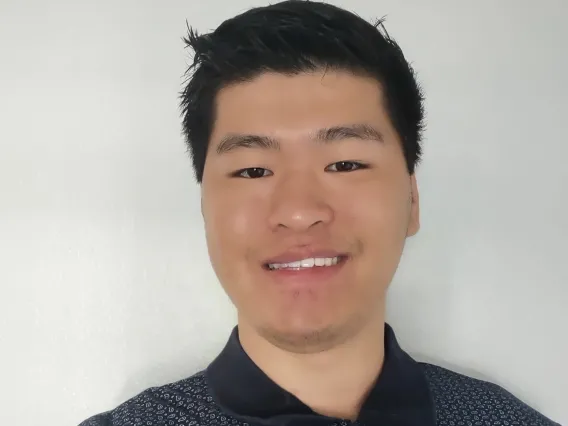

Allison J. Huff
Associate Professor, Family and Community Medicine (Research Scholar Track)
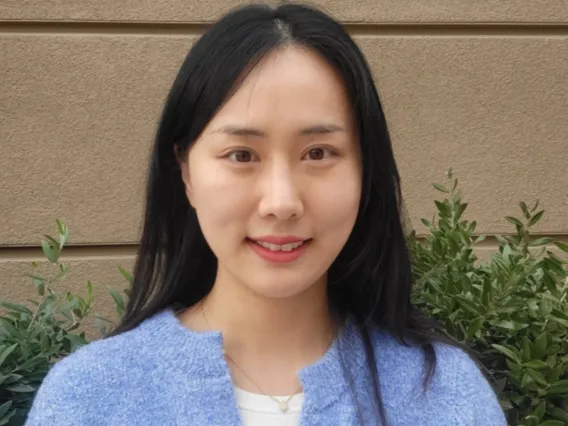
Chiyoung Lee

Juyoung Park
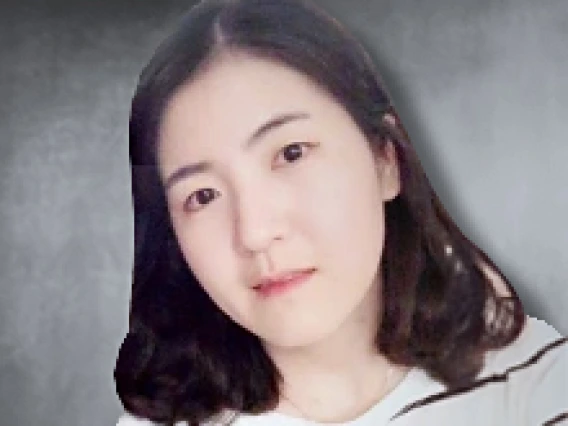
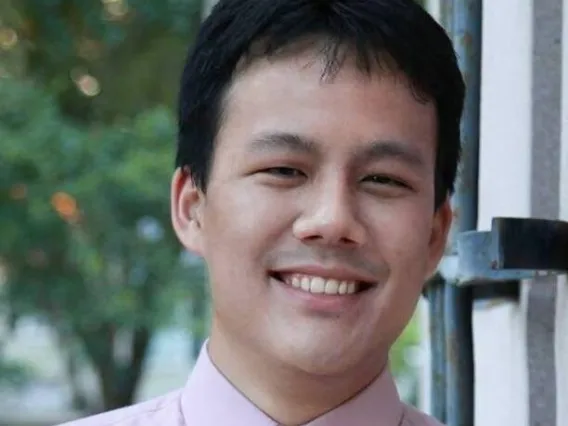
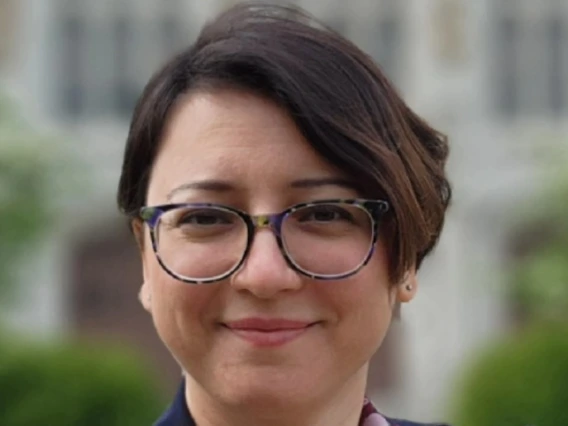
Ilknur Telkes
Assistant Professor, Neurosurgery
Assistant Professor, Biomedical Engineering

